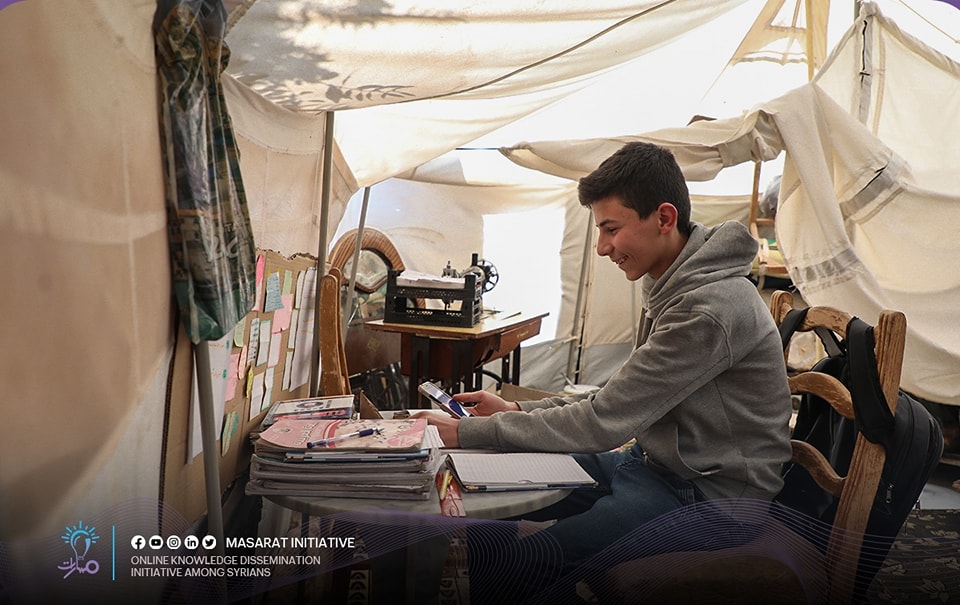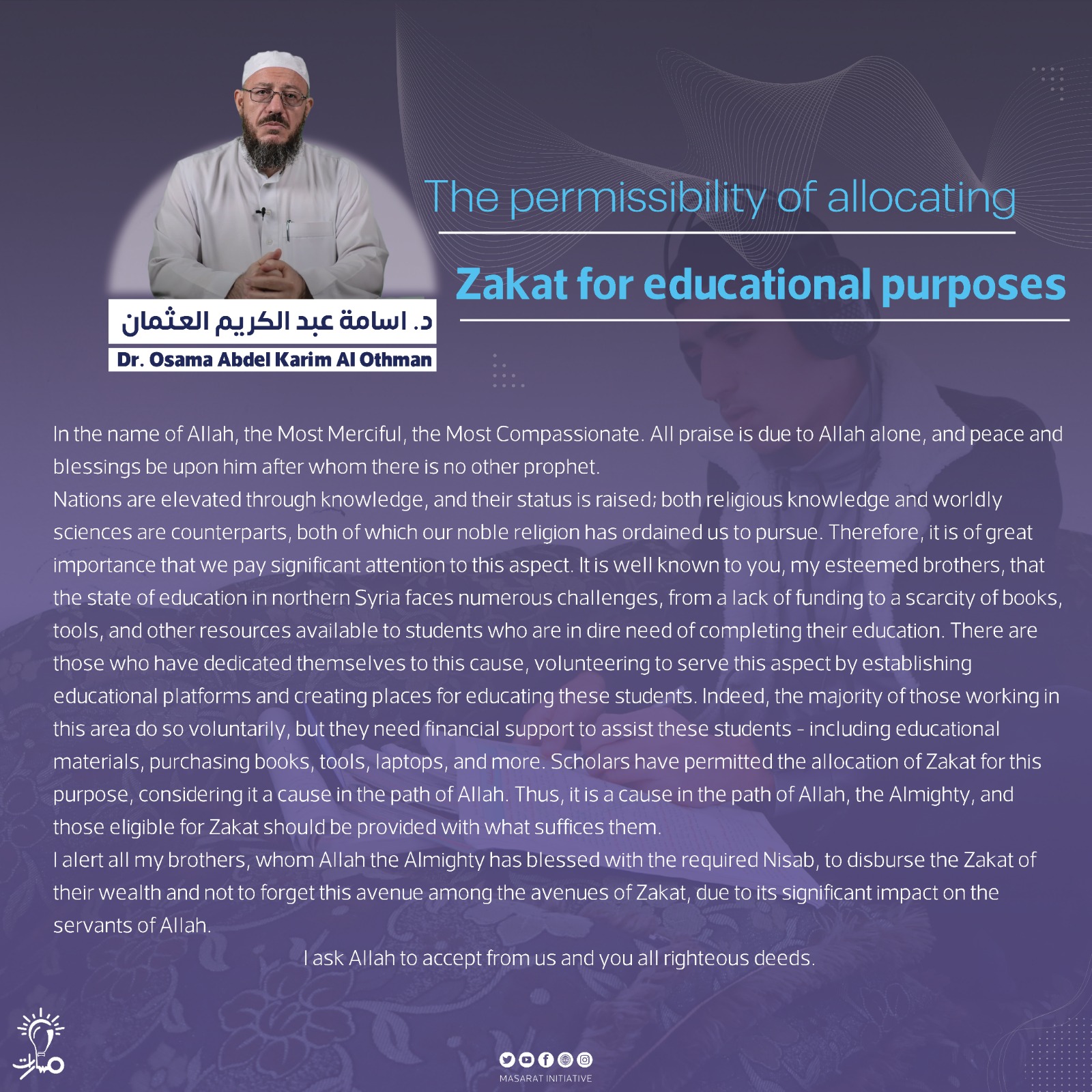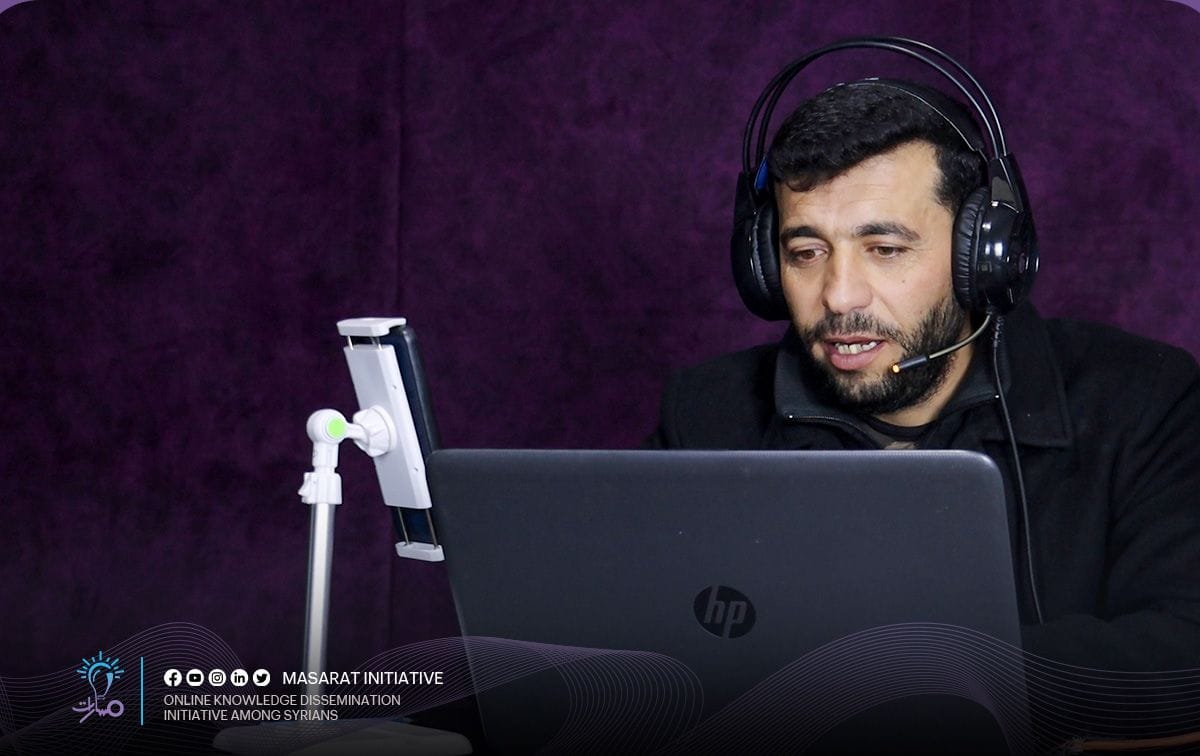Zakat al-mal is one of the five pillars of Islam, and it’s considered one of the most important religious duties that must be performed accurately and correctly as it’s a mandatory obligation for Muslims who own wealth that has reached the nisab (minimum amount) and upon which one lunar year has passed.
This religious duty purifies wealth and removes greed and attachment to wealth from the hearts of Muslims, and it helps the poor and needy cope with life’s difficulties.
In this text, we will explore how to calculate zakat on investment certificates and their Sharia ruling.
Sharia Ruling on Zakat al-mal for Investment Certificates and Savings Books
An investment certificate is a document that confirms the right to an amount deposited at a bank, with some earning fixed returns and others variable returns, and the ruling varies accordingly.
This type of investment is considered a form of Sharia-compliant speculation because the Muslim invests money in the bank for investment in a project, receiving a share of the profits if profits are realized; however, the capital is not guaranteed, or the profit is known and fixed.
However, there is a type of investment certificate with guaranteed and fixed returns; this is considered a usurious loan, because the Muslim pays money to the bank on condition of retrieving the amount paid plus any accrued interest during the period it remains with the bank.
Therefore, it is necessary to ascertain whether this type of investment is halal (permissible) or not.
Thus, the zakat ruling on permissible investment certificates requires zakat on both the capital and the profit derived from it, and zakat is obligatory if the money deposited in the bank through an investment certificate reaches the nisab and one lunar year has passed.
Nisab for Zakat al-mal on Investment Certificates
Investment certificates are treated in Sharia rulings like gold and silver, so the rule for the nisab for zakat on investment certificates is “one-quarter of a tenth,” i.e., 2.5%.
Zakat is due on investment certificates when a year has passed on the nisab of the original money used to purchase the investment certificate.
How to Calculate Zakat al-mal on Investment Certificates
A Muslim must calculate the value of the certificate and the profit it has generated to correctly calculate the zakat on an investment certificate.
Zakat is calculated on the investment certificate after subtracting any debt if applicable, and the payer must disburse 2.5% of the value of both the certificate and the profit.
However, if the payer spends from the profit, i.e., the return on the investment certificate, zakat is only due on the original capital, not the return.
To Whom Is Zakat al-mal on Investment Certificates Given and How Is It Disbursed?
The rightful recipients of zakat are mentioned in the Quran: “Zakat expenditures are only for the poor and for the needy, and for those employed to collect [zakat] and for bringing hearts together [for Islam] and for freeing captives [or slaves] and for those in debt and for the cause of Allah and for the [stranded] traveler – an obligation [imposed] by Allah. And Allah is Knowing and Wise.”
This explains the categories of those entitled to receive zakat, which are:
- The poor and the needy
- Those employed to collect zakat
- Those whose hearts are to be reconciled
- For freeing slaves
Those in debt
- In the cause of Allah: This includes those engaged in jihad and others say it applies to any charitable cause intended for the sake of Allah Almighty.
- The wayfarer: A traveler who is outside his hometown and does not possess enough money to complete his journey, to whom zakat funds may be given to enable his return home.
Zakat funds must be disbursed only within these specified categories, and it is not permissible to use them for purposes not included in these categories, as Sharia has mandated specific uses for zakat that must be adhered to by the Muslim payer.
Masarat for Sustainable Development and Education in Syria
In refugee camps and amidst life’s pains, orphaned children live the dream of studying, and Masarat addresses the educational difficulties and challenges in northern Syria. It has made education accessible and facilitated the reach to knowledge through providing an interactive online environment and non-interactive lessons via a learning management platform, in addition to a dedicated knowledge stop by Masarat on YouTube.
Masarat strongly believes in the power of education and its role in building more stable communities. The primary goal in Masarat is to expand the reach of its beneficiaries to make education a fundamental part of their lives.
You can also support and help children by channeling your donations to them through the Masarat Initiative, which records every amount you send.
Your donation of zakat funds reaches orphaned children in need of this money, fulfilling a noble and sincere act in the sight of Allah, as He says: “Who is it that would loan Allah a goodly loan so He may multiply it for him many times over? And it is Allah who withholds and grants abundance, and to Him you will be returned.”
Your donation to children and youth represents the ultimate good you can offer them.
These orphans need educational opportunities and empowerment in the absence of their providers to become positive and active members of society.










